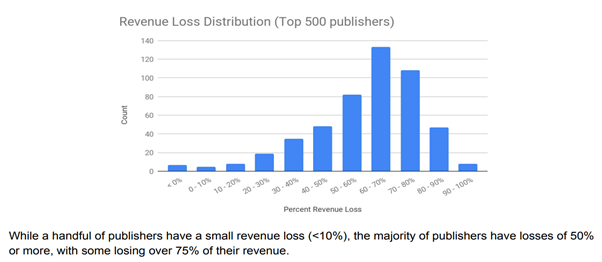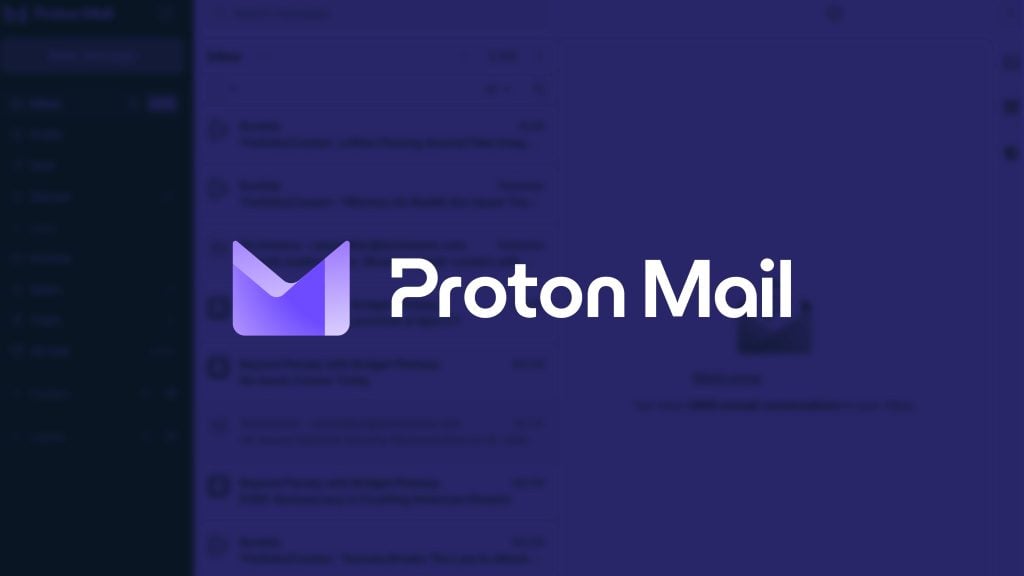Campaigners have asked competition watchdogs to put a restraining order on the “Privacy Sandbox” system the tech giant Google plans to roll out in an effort to protect user privacy.
The new system will replace third-party cookies, which advertisers use to track individuals’ web activity for targeted ads. But, while it would make it better for privacy in terms of some protection from third-party trackers, it would at the same time allow Google to have more of a monopoly on data tracking.
The Movement for an Open Web (MOW), which represents advertisers, publishers, and tech businesses, has called on the Competitions and Markets Authority (CMA) in the UK to issue a restraining order on the rollout of Privacy Sandbox.
The MOW cites an admission by Google itself that removing third-party cookies from its Chrome Browser “without an adequate replacement” would cost the world’s top 500 publishers more than 50% of their revenue, some even losing more than 75%.
The MOW wants the CMA to block Privacy Sandbox until Google has explained how the new system will work.

Google had given the CMA commitments about the rollout of the new system earlier in the year. The CMA reviewed the commitments and asked for improvements that Google completed this month. The CMA asked for increased transparency from Google, increased engagement with the industry, and to address issues of the company “self-preferencing” its advertising products.
Even with the improvements, the MOW still feels that the new system will have a negative impact on advertising, independent analytics, data services, fraud detection, performance optimization, and other features.
The MOW also argues that the new system will increase the value of the data Google obtains from its services such as Search.
The MOW wants the CMA to hold the rollout of Privacy Sandbox until it is able to convince the CMA to order Google to make certain commitments.














